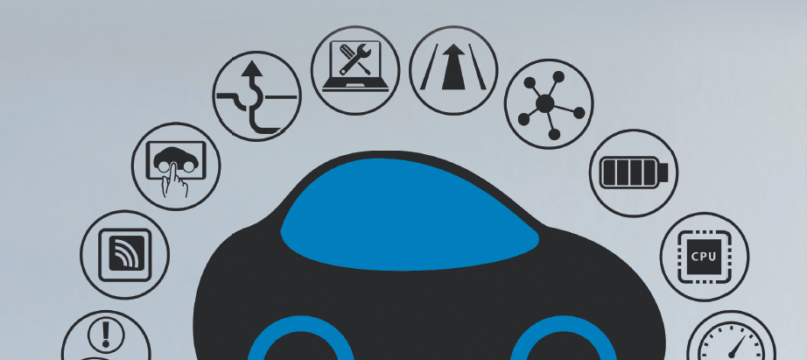
Early results from a new study commissioned by FIA Region I states that most car data can be linked to a user and, therefore, should be treated as personal data. The study examined how existing and upcoming EU legislation on data protection and liability could apply to vehicle data. It clearly dismisses the attempts to categorise data according to its technical or non-technical nature, as currently proposed by vehicle manufacturers. Data does not automatically lose relevance in terms of privacy because of its technical nature. For instance, technical information regarding a low oil gauge of a specific vehicle is linked to an identifiable customer, it directly relates to this person.
The General Data Protection Regulation, expected to enter into force from May 2018, introduces the concept of data portability, intended to allow users to transfer their personal data to a third party upon request. This provision was drafted to ensure competition. However, data protection legislation alone may not be sufficient to ensure competition as there remain concerns over the latency and quality of the data to be provided.
“This study shows, without ambiguity, that most of the data generated by car users should be treated as personal data. It dismisses claims that exclusive access could be granted to vehicle manufacturers based on the nature of the data or liability obligations. While data protection legislation will provide some rights to users, it cannot replace sound technical and competition legislation to guarantee free choice and innovation.” said Laurianne Krid, Director General of FIA Region I.
The study also explores whether liability obligations grant a right to access data to manufacturers. Neither the product liability Directive nor the produce safety Directive oblige manufacturers to permanently monitor data once the vehicles are on the road. If such processing of data was needed, it must be based on consumer consent. Data should also be equally shared with component manufacturers.
The initial findings from the study were presented as part of a European Commission workshop on access to data. The study was carried out by the legal consultancy Osborne Clarke in 2017. The full study will be published in the coming weeks.
[ENDS]
My Car My Data
The My Car My Data campaign is about empowering consumers, educating them about vehicle connectivity and making sure they are aware of their rights concerning car data. Specifically advocating for consumers to:
About FIA Region I
The FIA Region I office, based in Brussels, is a consumer body representing 113 Motoring and Touring Clubs and their 38 million members from across Europe, the Middle East and Africa. The FIA represents the interest of these members as motorists, public transport users, pedestrians and tourists. The FIA’s primary goal is to secure a mobility that is safe, affordable, sustainable and efficient. With these aims in mind, FIA Region I’s work focuses on Road Safety, Consumer Protection, Environmental Protection, and the promotion of Sustainable Motoring. www.fiaregion1.com
Contact:
Andrea Campbell
Head of Communications, FIA Region I
acampbell[at]fia.com
+32 2 282 0813